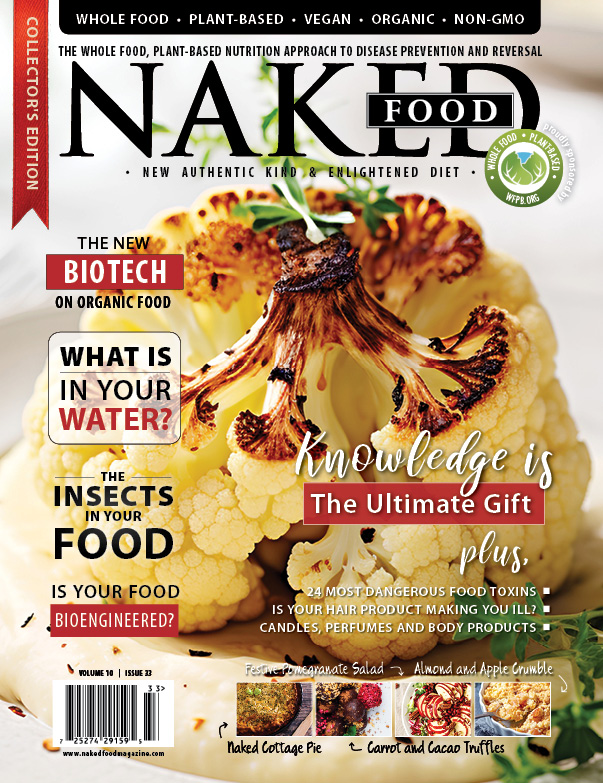The practice of creating GMOs in food involves injecting the DNA of one species into the DNA of another species in an effort to develop certain characteristics. For example, the DNA of fungus, mold, bacteria, viruses, fish, humans, and jellyfish have been injected into corn, potatoes, and strawberries in an effort to increase crop yields. Unfortunately, this genetic manipulation creates unintended consequences in our food such as twisted proteins and twisted carbohydrates and other toxins.
GMOs have been linked to serious health challenges such as a weakened immune system, autoimmune diseases, food allergies, gastrointestinal problems, childhood learning disorders, leaky gut syndrome, autism, and cancer.
The DNA of fungus, mold, bacteria, viruses, fish, humans, and jellyfish have been injected into corn, potatoes, and strawberries in an effort to increase crop yields.
In 2009, The American Academy of Environmental Medicine (AAEM) released its position paper on genetically modified foods stating that “GM foods pose a serious health risk” and calling for a moratorium on GM foods. Citing several animal studies, the AAEM concludes, “there is more than a casual association between GM foods and adverse health effects” and that “GM foods pose a serious health risk in the areas of toxicology, allergy and immune function, reproductive health, and metabolic, physiologic and genetic health.”1
Twenty-six countries outside of the United States have already banned GMOs at least partially, thanks to much more balanced media reporting on this topic in those regions of the world. Monsanto and other large corporations who stand to make enormous profits have invested heavily in false advertising and political lobbyists to influence government policy and the public’s perception of GMOs.
Twenty-six countries outside of the United States have already banned GMOs at least partially, thanks to much more balanced media reporting on this topic in those regions of the world.
The most common GMO foods in this country are conventional corn, soy, canola, sugar beets, Hawaiian papaya, zucchini, and yellow squash, as well as any processed products containing any one of these foods. The best defense to avoid GMOs in the USA is to eat only organic food. According to the USDA, the use of GMOs is prohibited in organic products. This means an organic farmer cannot plant GMO seeds, an organic cow cannot eat GMO alfalfa or corn, and an organic soup producer cannot use any GMO ingredients. To meet the USDA organic regulations, farmers and processors must show they aren’t using GMOs and that they are protecting their products from contact with prohibited substances such as GMOs from farm to table. One should also look for products that have the “Non-GMO Project Verified” label.
The most common GMO foods in this country are conventional corn, soy, canola, sugar beets, Hawaiian papaya, zucchini, and yellow squash, as well as any processed products containing any one of these foods.
When purchasing food, we recommend choosing certified organic foods and foods certified with the Non-GMO Project label as much as possible. Local produce farmers may also offer organic foods that are not certified organic but are grown organically and honestly. Often, the rigorous process of organic certification can be discouraging for small farmers; however, knowing where your food comes and knowing your farmer can make the task of choosing sustainably grown food much easier.
Further Reading: 10 Reasons we don’t need GMO foods
References:
American Academy of Environmental Medicine (AAEM). https://www.aaemonline.org/gmo.php
>> Why Salt-free?











